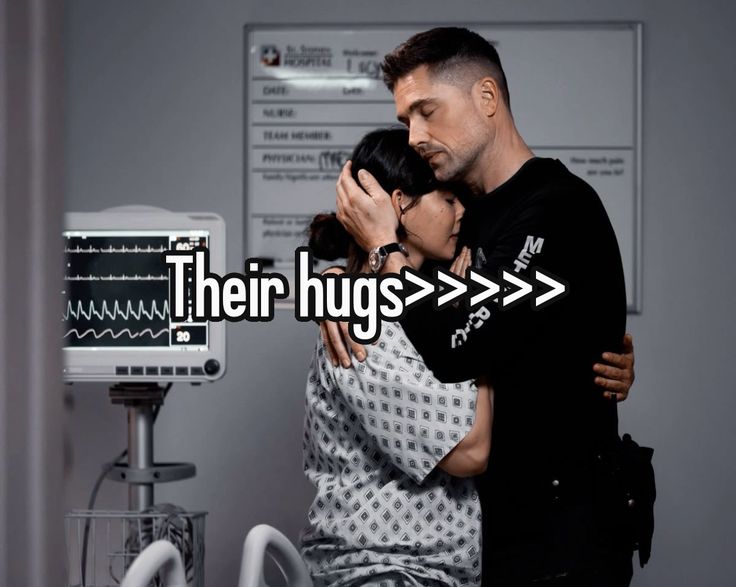
Seeing Bobby Go Down Nearly Took Me Out – I Cried Like I Was Part of the Show
When you watch a TV series long enough, the characters stop being just characters. They become family. That’s exactly how it felt when Bobby went down in that unforgettable scene. Honestly, I wasn’t prepared. The tears came, the lump in my throat grew, and suddenly I wasn’t just a viewer—I was living it. Let’s dive into why Bobby’s moment hit so hard, why fans can’t stop talking about it, and what it really means when fiction feels a little too real.
The Power of Emotional Storytelling
Great television does more than entertain. It connects. That scene with Bobby wasn’t just another scripted moment; it was raw, heavy, and personal. It felt like watching someone you know face their breaking point. And that’s why so many fans—including me—were left sobbing.
Why Bobby’s Scene Felt So Real
1. Character Development That Matters
Bobby isn’t just a random character. He’s been built up with layers—strength, vulnerability, and humanity. When he fell, it wasn’t just a plot twist. It was the weight of his entire journey crashing down in front of us.
2. Relatable Struggles
The best shows mirror real life. Bobby’s story touched on themes we all recognize—loss, responsibility, redemption. Watching him go down wasn’t just about him; it was about all of us who’ve faced battles we weren’t ready for.
3. The Element of Shock
Admit it—you didn’t see it coming either. The shock factor made it ten times more intense. One minute, you’re comfortable on the couch; the next, you’re clutching tissues like your best friend just got hurt.
How TV Characters Become Like Family
Ever notice how you root for fictional characters the way you root for loved ones? That’s the magic of storytelling. By the time Bobby’s big scene aired, fans already had years of emotional investment. So when he fell, we fell with him.
The Fan Reactions That Took Over Social Media
Social media lit up instantly. Fans posted crying emojis, GIFs, and heartbroken rants. Memes popped up, fan theories spread like wildfire, and hashtags started trending. If you didn’t cry, were you even watching?
Why We Cry Over Fictional Characters
Some people might say, “It’s just a show.” But is it? Science says crying over fictional characters is proof of empathy and emotional intelligence. It means we’re human enough to care deeply—even about stories that aren’t ours.
Breaking Down Bobby’s Role
A Symbol of Strength
From the beginning, Bobby stood as a rock for others. Seeing that rock crumble showed us that even the strongest can fall.
A Father Figure
For many fans, Bobby wasn’t just a leader—he was the heart of the show. Losing him, even temporarily, felt like losing a parent.
A Reflection of Us
At his core, Bobby represented resilience. And when resilience faltered, it mirrored our own fears of not being enough.
Why This Scene Will Be Remembered
Some TV moments fade fast. But Bobby’s fall? That’s one for the books. It’s the kind of scene fans will bring up years later, comparing it to other legendary heart-wrenching TV moments.
The Psychology Behind Emotional TV Moments
When we watch TV, our brains release the same chemicals as if we’re experiencing events ourselves. That’s why Bobby’s moment left us drained—it wasn’t “just acting.” Our minds processed it like real trauma.
Coping With Emotional TV Scenes
Let’s be real—sometimes you need a minute after scenes like this. Whether it’s talking with friends, scrolling through fan discussions, or simply rewatching to process it all, coping with a fictional heartbreak isn’t silly. It’s self-care.
The Importance of Representation in Storytelling
Bobby’s story resonated because it was authentic. Representation isn’t just about who we see on screen, but how deeply their stories mirror human struggles. Bobby wasn’t flawless, and that made him more real.
What This Means for the Future of the Show
Whenever a character like Bobby goes down, fans panic: “Is he gone for good?” That uncertainty keeps audiences hooked. Whether he rises again or not, one thing’s clear—his story already left a permanent mark.
Life Lessons From Bobby’s Story
-
Strength doesn’t mean never falling—it means getting back up.
-
Leaders are human, too.
-
Sometimes, the people who carry everyone else need carrying themselves.
Why We’ll Never Forget This Moment
Because it wasn’t just a scene. It was a collective experience. Fans everywhere cried together, grieved together, and healed together. Bobby’s fall proved that powerful storytelling isn’t about fiction—it’s about connection.

Conclusion
Seeing Bobby go down nearly took me out. It wasn’t just about the story—it was about what it made me feel. The tears weren’t for “a character on TV.” They were for a friend, a leader, a symbol of strength. That’s why I cried like I was part of the show—because, in a way, I was.
FAQs
1. Why did Bobby’s scene affect so many fans?
Because his character had depth, relatability, and emotional weight that made viewers feel personally invested.
2. Is it normal to cry over fictional characters?
Absolutely. It shows empathy and proves how powerful storytelling can be.
3. Will Bobby’s character return after this moment?
The uncertainty is part of what keeps fans engaged—but his impact is already unforgettable.
4. Why do fans react so strongly on social media?
Because sharing emotions online makes us feel less alone in our reactions.
5. What lesson can we take from Bobby’s fall?
That even the strongest need support, and it’s okay to break down sometimes.